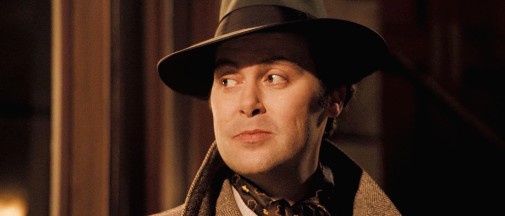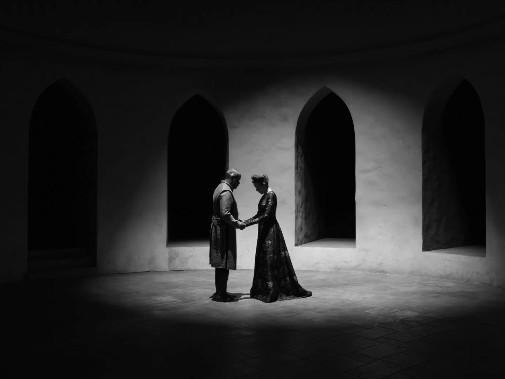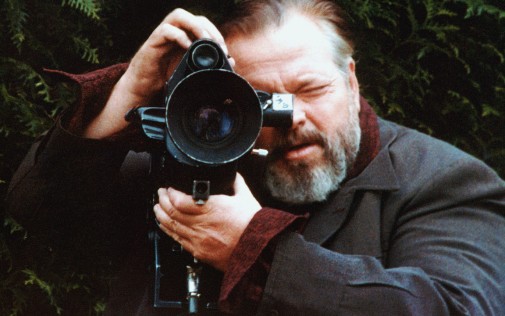Almost There: Christian McKay in "Me and Orson Welles"
 Tuesday, May 31, 2022 at 9:47AM
Tuesday, May 31, 2022 at 9:47AM 
The Almost There series' month-long celebration of the Criterion Channel's May offerings draws to a close with a highlight from their Richard Linklater collection. In 2008, the Austin auteur made his most Oscar-ready project yet, complete with a dazzling supporting turn that seemed poised for a nomination. Me and Orson Welles is the well-researched and studiously put-together account of a teenager cast in the director's famous 1937 staging of Julius Caesar. The Academy usually loves these real-life tales, mainly when they include a good amount of celebrity mimicry, making the film an apparent shoo-in for Oscar glory.
And yet, Christian McKay's critically acclaimed take on young Orson Welles failed to secure a nomination. Considering precursor honors, he must have come close…






